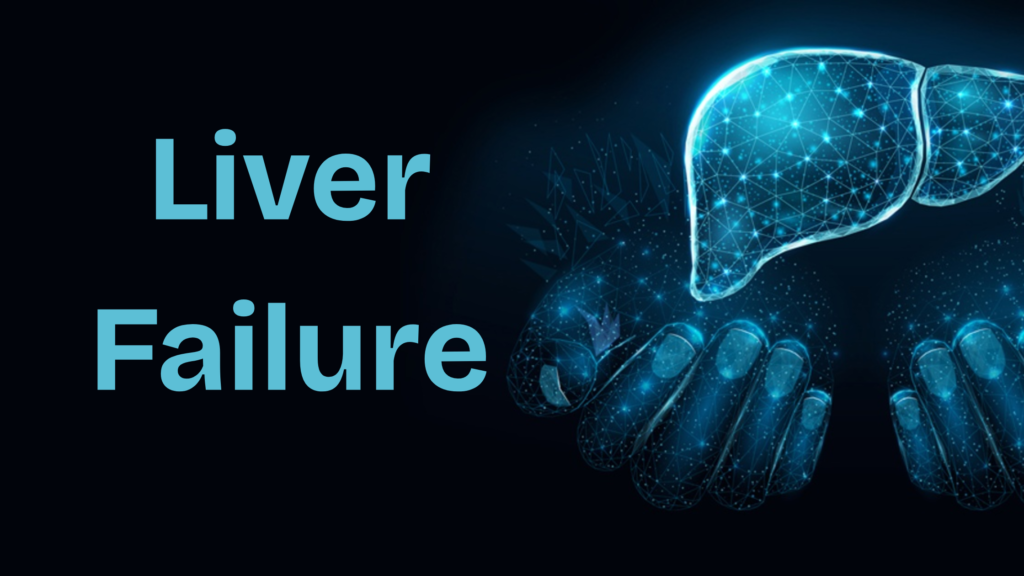🩸 Liver Failure
Liver failure occurs when the liver loses its ability to function properly. It can be acute (rapid onset) or chronic (develops over time).
🧬 Causes:
- Acute liver failure:
- Drug overdose (e.g., acetaminophen)
- Viral hepatitis (especially hepatitis B and E)
- Toxins or poisonous mushrooms
- Severe infections or autoimmune liver diseases
- Chronic liver failure (cirrhosis):
- Chronic hepatitis B or C infection
- Long-term alcohol abuse
- Non-alcoholic fatty liver disease (NAFLD)
- Autoimmune hepatitis
- Genetic conditions (e.g., hemochromatosis, Wilson’s disease)
🩺 Symptoms:
- Jaundice (yellowing of skin and eyes)
- Fatigue and weakness
- Loss of appetite and nausea
- Abdominal swelling (ascites)
- Confusion or difficulty thinking (hepatic encephalopathy)
- Easy bruising or bleeding
- Dark urine and pale stools
🔍 Diagnosis:
- Blood tests (liver function tests, coagulation profile)
- Imaging (ultrasound, CT, MRI)
- Liver biopsy in some cases
💊 Treatment:
- Address underlying cause (antivirals, stopping toxins)
- Supportive care (fluids, nutrition)
- Medications to manage complications (e.g., lactulose for encephalopathy)
- In severe cases, liver transplant may be necessary
⚠️ Complications:
- Multi-organ failure
- Severe bleeding
- Infection risk
- Hepatic coma
